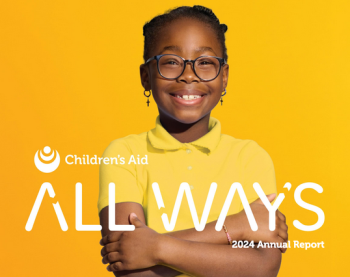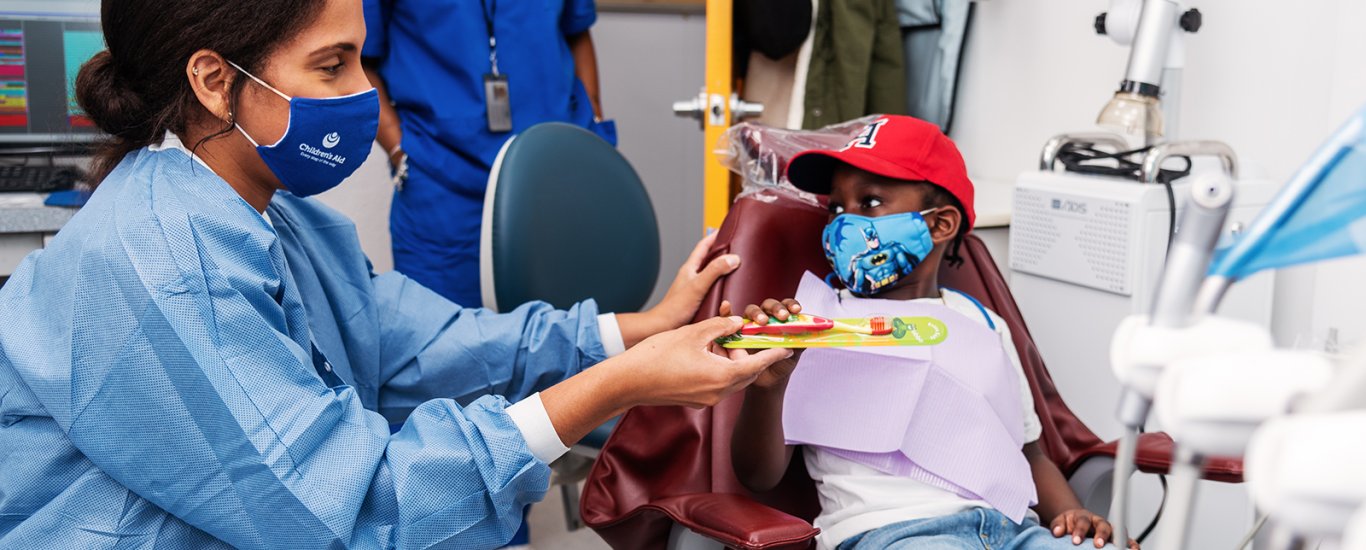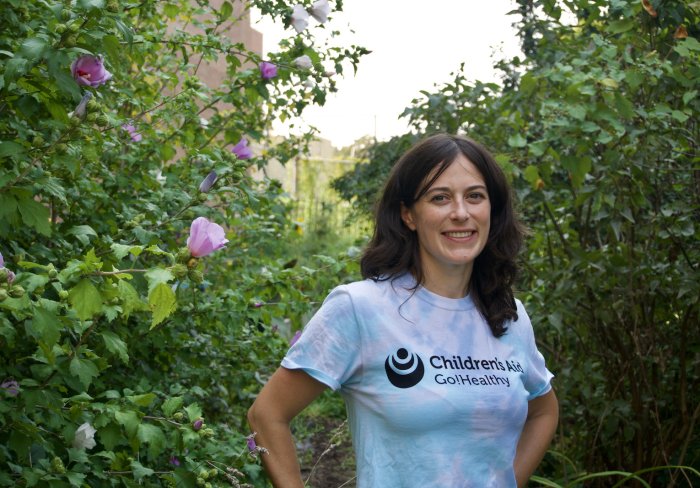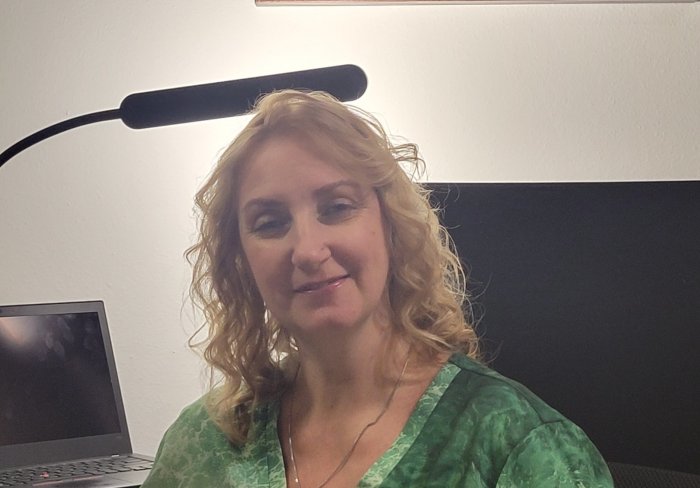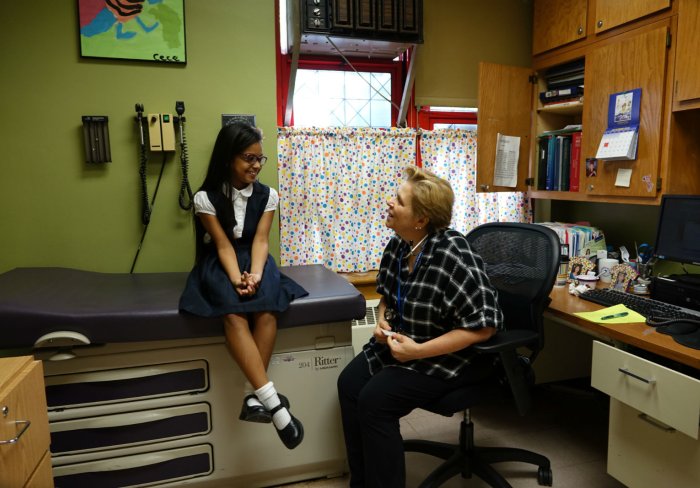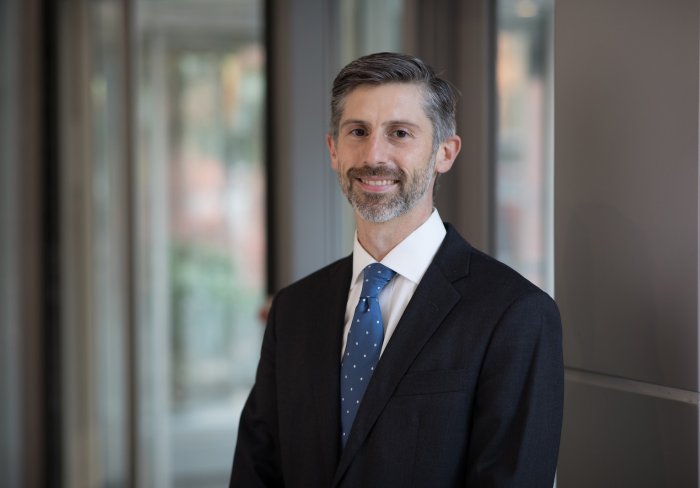Dental health is an essential component of a child’s overall health. But dental services can be expensive and out of reach for many families.
Our school-based health centers remove the usual barriers and lay a strong foundation for lifelong healthy smiles.
Children’s Aid has a long history of providing dental care to New York City’s children. We opened our first dental clinic in 1906 at the 53rd Street Industrial School. That year, dentists examined 394 children. They pulled more than 200 teeth and filled 169 cavities. By 1913, every Children’s Aid school had a dental clinic.
A 2018 study conducted by New York University found that school-based oral health programs reduced cavities by more than 50 percent in public, high-needs elementary schools in Massachusetts.
“The widespread implementation of oral health programs in schools could increase the reach of traditional dental practices and improve children’s oral health — all while reducing health disparities and the cost of care,” said Richard Niederman, DMD, a professor at NYU College of Dentistry and the study’s senior author.
Children’s Aid now operates six school-based health centers in Washington Heights, the Bronx, and Staten Island. At those locations, thousands of students receive expert dental care with their education.
Dr. Scott Levy, a dentist at Salomé Ureña Campus, said his job extends beyond clinical services. In addition to routine dental care, which includes exams, X-rays, cleanings, fluoride treatment, fillings, extractions, and sealants, Dr. Levy makes it his mission to make patients feel at ease.
“My goal is to make every child or student more comfortable in the dental environment, to reduce their anxieties and fears, and to demystify the dental office,” he said.
When patients walk into his office, Dr. Levy tells them exactly what to expect and explains what tools he uses and why. He also asks questions about their classes and hobbies, which allows them to relax. His patients range from 10 to 18 years old.
Many of the students at Salomé Ureña Campus, which houses two middle schools and a high school, speak English as a second language. The clinic employs dental assistants who speak Spanish to remove any language barriers.
“I’ve had incredible results by spending the time to engage each child,” he said.
To make access to these services painless for parents, the school sends a release form to each home. Once a release form is signed, the student is taken out of class briefly for any exam, cleaning, or other dental procedure.
Since students are already in the building, parents do not need to take time off work. Every student is eligible for care regardless of their insurance status.
Researchers have found that school-based dental clinics not only improve dental health, but are also important in tackling racial and economic disparities.
Dr. Levy and his team can easily diagnose issues in their early stages and prevent them from getting worse. He can stop a small cavity from turning into a painful root canal. He also teaches patients proper brushing and flossing techniques and encourages students to get cleanings every six months.
“I make them as comfortable as possible so they become an ideal dental patient,” he said. “If you have a childhood fear, it stays with you for a lifetime.”
